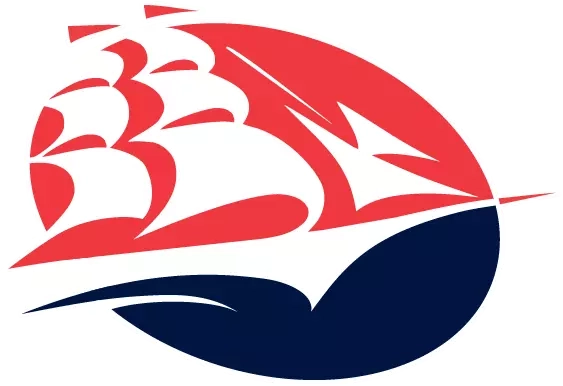Data Science Minor
Shippensburg University’s data science minor program focuses on developing the concepts and skills needed to extract meaningful information from data.
Get more info
What Will I Learn?
Combining computational and statistical thinking, students will be able to effectively use data in many areas:
- Social sciences (policy impact, census, crime, survey data)
- Natural sciences (gene sequencing, health records)
- Humanities (digitized historical records, archeological data)
- Industry (finance, insurance, manufacturing)
Core courses develop a depth of understanding in coding skills, statistical techniques, and data manipulation and visualization. For the final requirement, students are expected to apply data science concepts to the capstone research experience in their own major.
What are the requirements for this degree?
There are no special requirements to enter the Data Science minor, but the first statistics course in the program (MAT 217) is restricted to students with Math Level 5 or above. Course requirements for the minor include an introductory computer programming course, two statistics courses, two data science courses, and a domain-area capstone course chosen from the student’s major program.
What Types of Careers Could I Get With This Degree?
The minor examines the entire process of data science including the implementation of a practical workflow for analyzing data. Thanks to the increasing prevalence of data in every corner of business, industry, and government, the fastest growing sectors in the mathematical sciences are all related to statistics and data. With applications ranging from financial modeling to government services to consumer marketing, statisticians are key players on a wide variety of multidisciplinary teams in the workplace.
Common careers in this field include:
- Data scientist
- Economic analyst
- Marketing analyst
- Psychometrician statistician
What Kinds of Experiences Could I Have?
All of the statistics and data science core courses are taught in a computer classroom to provide hands-on experience with software. Outside the classroom, students are encouraged to attend weekly mathematics department seminars, which touch on areas of research, applications to cognate disciplines, employment opportunities, and more.

